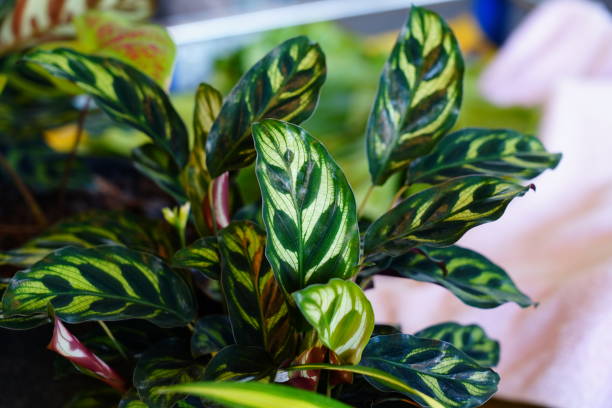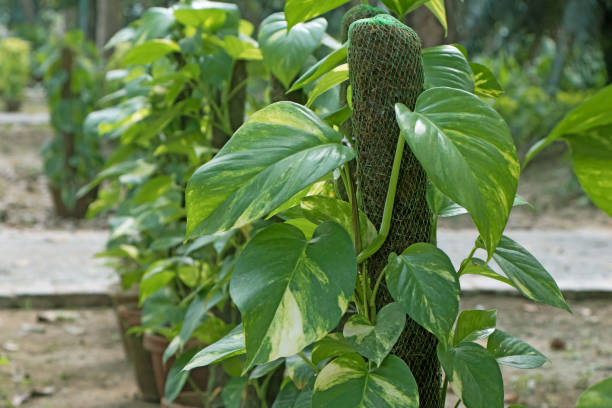Organic Farming – Pros And Cons You Should Know.
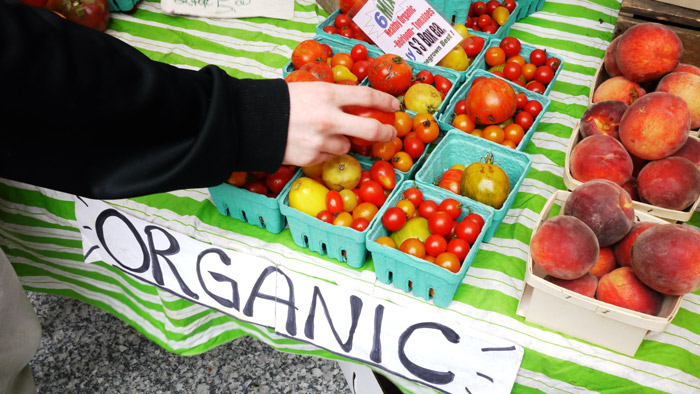
Organic food once thought to be preserved for eco-eccentrics or the wealthy is going mainstream now. The demand for organic food is rising with time, and it is becoming a profitable business to be an organic farmer. But, before going for organic farming, you should know its pros and cons.
In the article, we bring you organic farming pros and cons as well as other important aspects of organic farming. Some primary aspects of organic farming include what organic farming is? What are the regulations for organic farming?
Which are the most profitable crops to grow?
What are the effects of organic farming on health and nature?
In the article, we have answered all these questions about organic farming and have also listed organic farming pros and cons.
What is Organic Farming?
Organic farming is a farming method where pesticides are not used for agriculture, and natural and more traditional methods are used for farming. In organic farming, methods like crop rotation, natural pest control, barrier nets techniques, and animal waste products like earthworm manure are used.
What are the Rules and Regulations for Organic Farming?

The rules for organic farming in the USA include a rigorous certification process. A product can only be labeled organic after the USDA accredited agents certify it.
The level of organic permitted is also different and is divided into four categories in the USA.
- The first category includes only products produced through a certified process.
- The second category permits the use of 5% non-organic products in farming.
- The third category includes products labeled as “made with organic,”. 30% of non-organic products like fertilizers or different things can be used.
- The fourth category is for those products that use above 30% and are not given the organic product tag.
These are some of the things you must know before starting an organic farm. The other main aspect of this field is organic farming pros and cons, you must know.
Organic Farming Pros And Cons
Pros
No GMOs
It is one of the strongest arguments in favor of organic farming. In organic farming, no use of pesticides is done. Thus, it helps the crop beneficial organisms and doesn’t cause genetic changes in them like seen in the farms where organisms change genetically and even become immune to pesticides.
One of the best examples of organic farming pros and cons is that it’s beneficial for Bees that are a vital part of the ecosystem.
Healthy Soil
In Organic farming, good soil health, and the link between healthy plants and good soil as well as soil productivity and fertility is kept in consideration. Thus, organic farming is done without using synthetic chemicals such as pesticides, fertilizers, or herbicides. Instead, natural methods of soil enhancement are used.
In this way, organic farming helps the farmer in the long term as well as the natural ecosystem.
More Nutrition and Flavor
The crops grown by organic farming methods are proven to contain more nutrition than their conventional counterparts. The flavor of organic food is also better than conventional crops.
These two aspects are a vital part of the food industry, making organic products a high demand commodity and profitable for farmers.
Supports Pollinators
Organic farming does not use synthetic farming chemicals such as glyphosate and neonicotinoids, which are known for being harmful to pollinators.
Healthier Working Environment

The farmers who do conventional farming are proven to be at risk of many health issues, which even include neurological disease due to the use of pesticides. On the other hand, no pesticide use in organic farming provides a healthier working environment to organic farmers.
It is a vital part when we talk about aspects of organic farming pros and cons.
Fertilizers are Created on Site
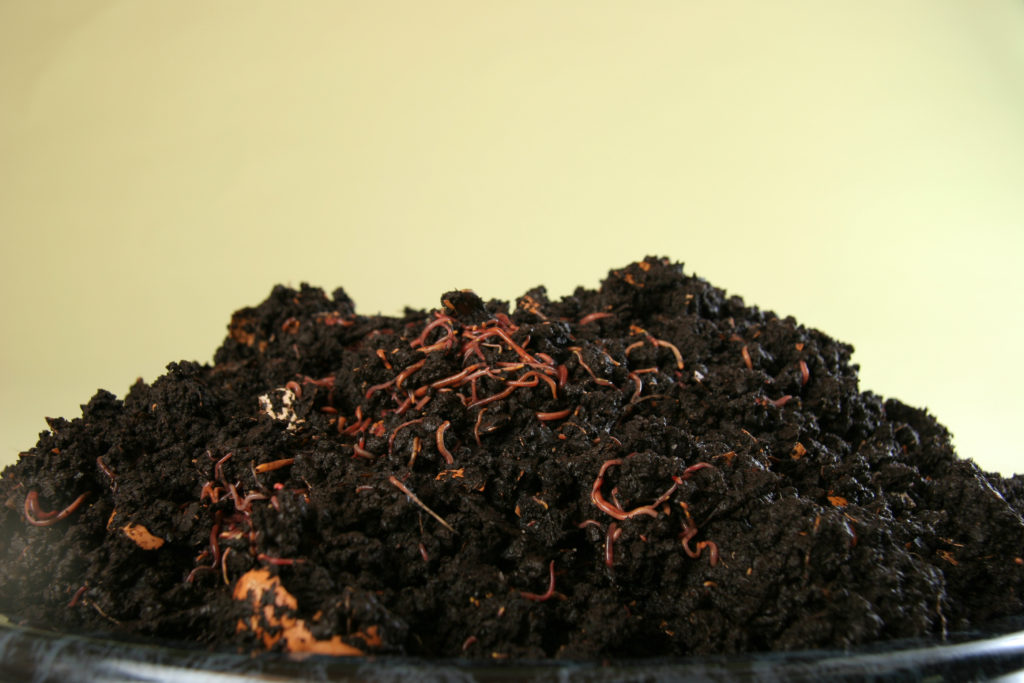
This means that the cost of fertilizers, which are a major chunk of the farming cost reduces, making organic farming more profitable for the farmers.
Healthy Animals
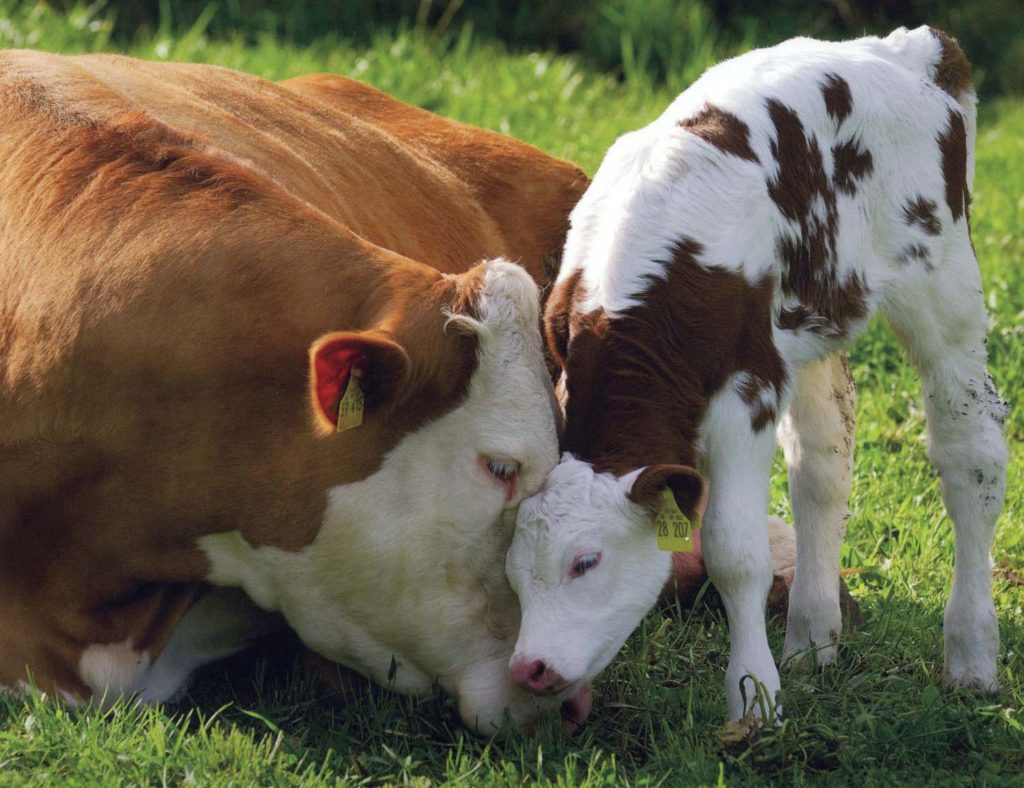
Animals raised at organic farms tend to be more healthy, and their products, like milk, is more healthy as the fodder and environment they get are chemical-free.
Some other Benefits of Organic Farming
- Stores carbon in the soil.
- Reduced energy requirements as organic farming is more about physical and animal labor.
- Low energy requirements also make it cost-efficient.
- Supports natural ecosystems.
- It helps in reducing the production of greenhouse gases.
These are some of the benefits of an organic farm. After knowing these, if you want to start a farm but don’t have enough space or resources. You can start a small farm, in the beginning, expanding it with the resources as you go. The idea of a small farm is very popular nowadays. It will help you to eat healthily, stay healthy in a world where trusting commercial products is a bit tough.
Cons of Organic farming
No Subsidies
Organic farmers are not provided with any kind of subsidies in most industrialized countries. This makes organic farming a vulnerable occupation as it depends on the weather for its many aspects.
Lack of Special Infrastructure
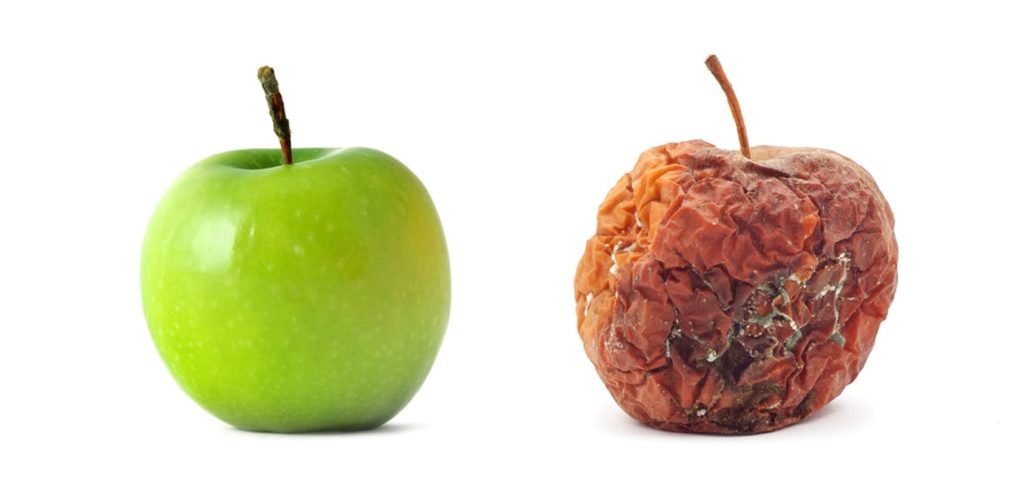
The lack of infrastructure makes it tough to grow as well as maintain and transport the produce of organic farmers. This often leads them to use the industrialized methods which use pesticides.
Lack of infrastructure also leads to product wastage as no use of pesticides leads to the rotting of farm products quickly.
Labour Intensive
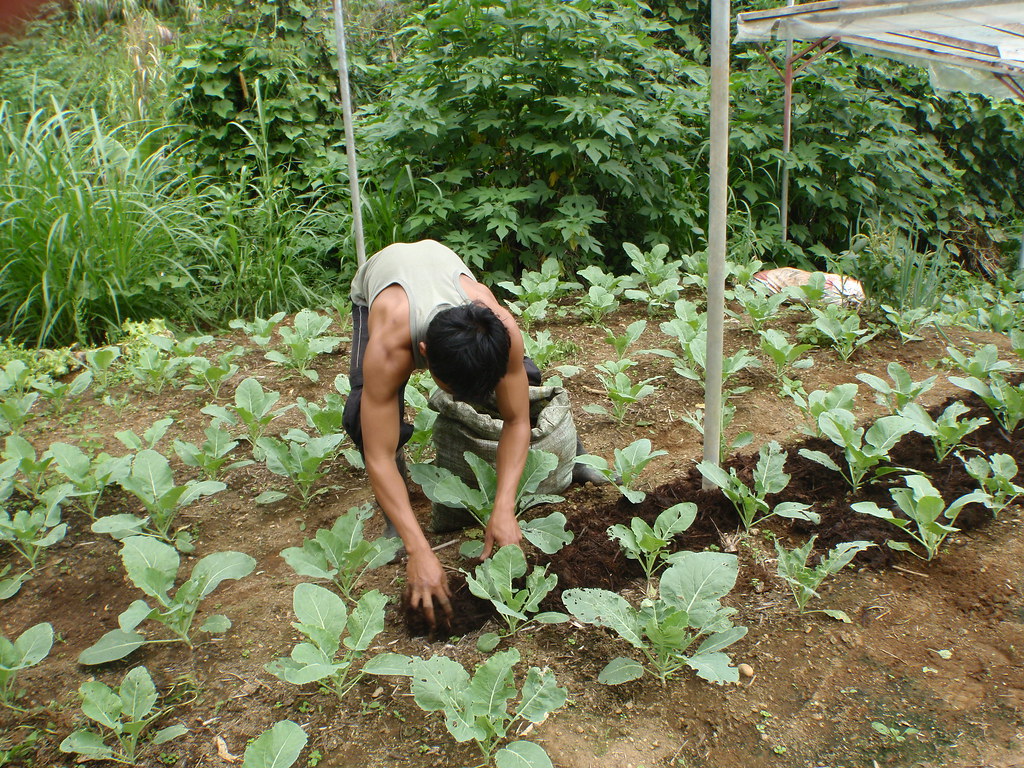
Organic farming is more labor-intensive than conventional farming. As in organic farming; no use of pesticides means more and regular care. This makes an important part of organic farming pros and cons when one considers the idea of it.
Requires Knowledge
Organic farming requires extensive knowledge of soil and ecology, as it is very much dependent on nature.
Higher Cost At Beginning & Marketing
Unlike conventional farmers the cost of organic farming, in the beginning, is high and demands more investment than conventional farming.
Another problem faced by organic farmers is marketing. Organic farmers’ produce has proper market chains as they generally grow commercial crops. Whereas organic farmers face the challenge of marketing as they grow more health-centric products.
Although the idea of organic farming may seem confusing, it will indeed be a good decision to start an organic farm. As the demand for organic products is rising day by day, and but the supply is low.
Conclusion
In the article, we have listed all the common aspects of organic farming along with the organic farming pros and cons.
If you like the article, please do let us know in the comment box.





